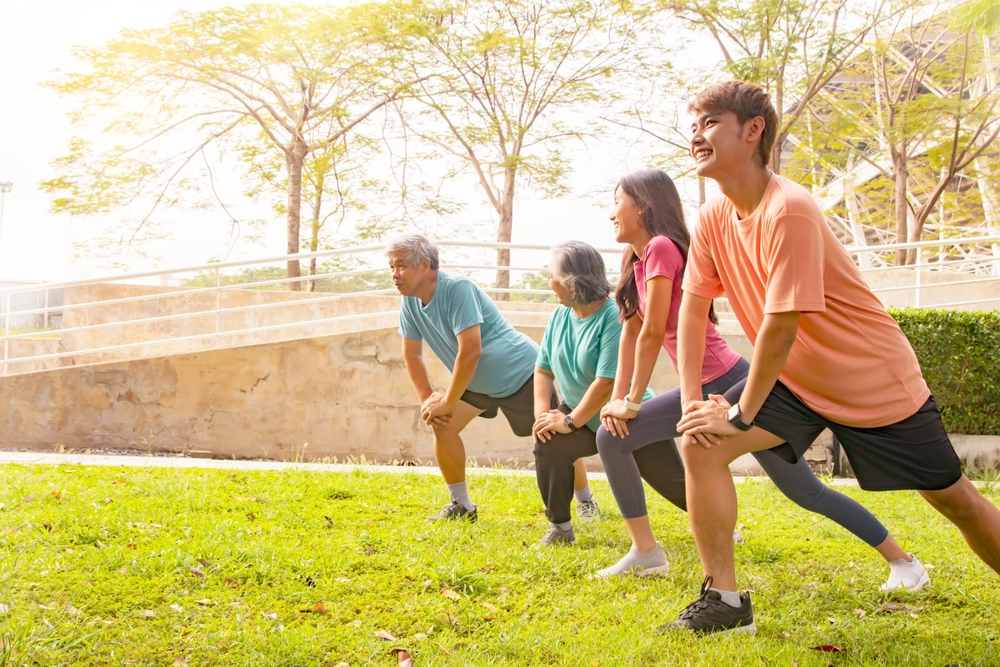Physical activity is simply moving your body—whether through planned exercise or everyday actions like walking, climbing stairs, or doing chores. What matters most is that your body stays active.
Regular exercise strengthens the immune system and lowers the risk of heart disease, stroke, Type 2 diabetes, obesity, and even some cancers. It also helps improve mental health by reducing stress and anxiety while releasing “happy hormones” such as endorphins.
For people with cardiovascular disease, exercise is an important part of treatment. While it cannot replace prescribed medication, it supports heart health and improves quality of life when combined with medical care.
Staying active also helps build strong muscles and bones, keeps your mind sharp, and slows down the effects of ageing. This is why people who move more often tend to stay healthier and more energetic compared to those who spend most of their day sitting.
Today, with rising levels of obesity and sedentary lifestyles, exercise and healthy eating are among the best defences against non-communicable diseases. The good news is that exercise doesn’t have to be complicated; it can be as simple as taking the stairs, walking a bit further, or doing short bursts of activity that get your heart beating faster.
Just remember: exercise works best alongside a balanced diet. A few minutes of activity can’t undo a heavy intake of unhealthy food, so both movement and nutrition must go hand in hand.
(Originally posted in the September 2012 issue of estidotmy)


